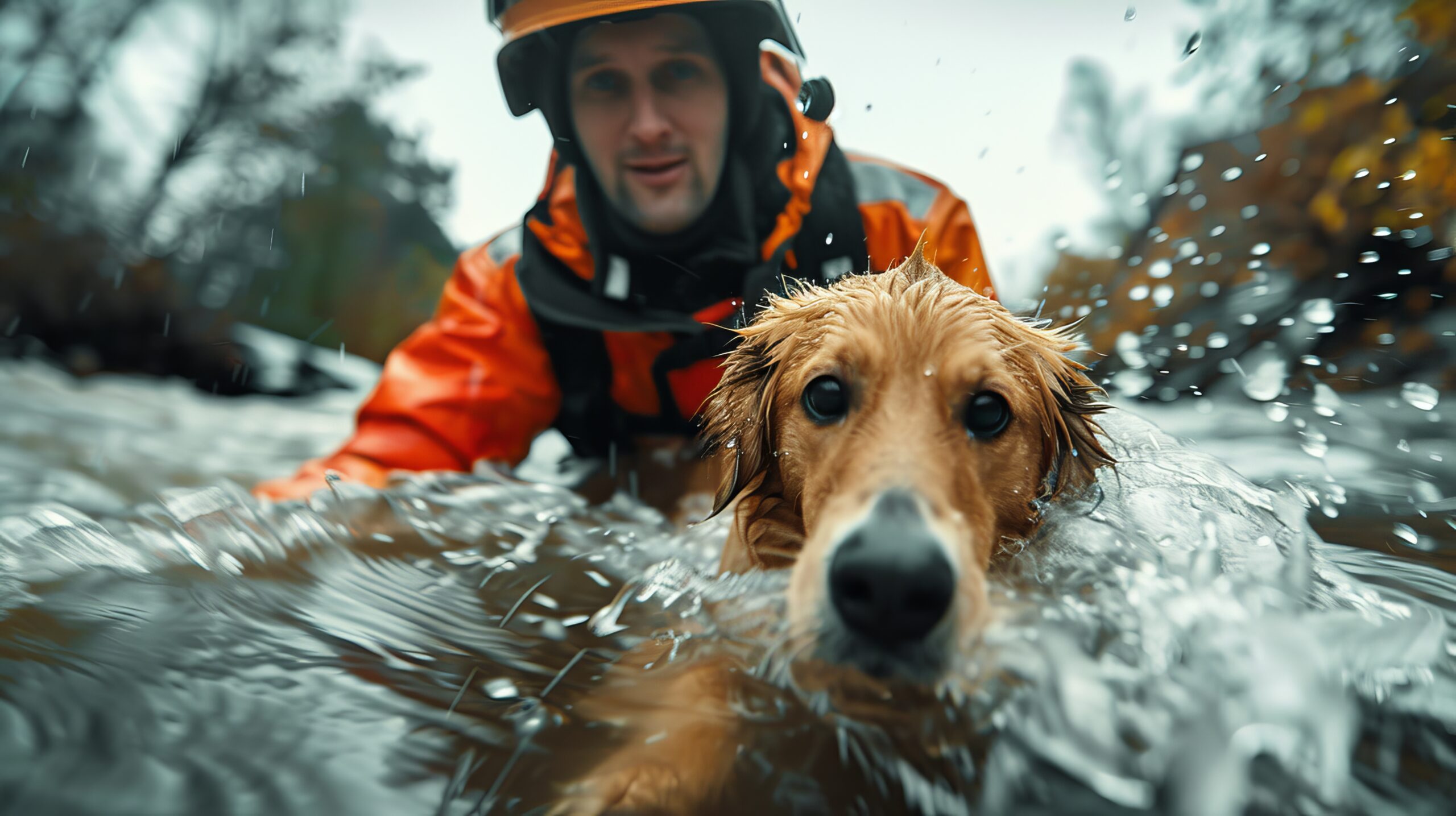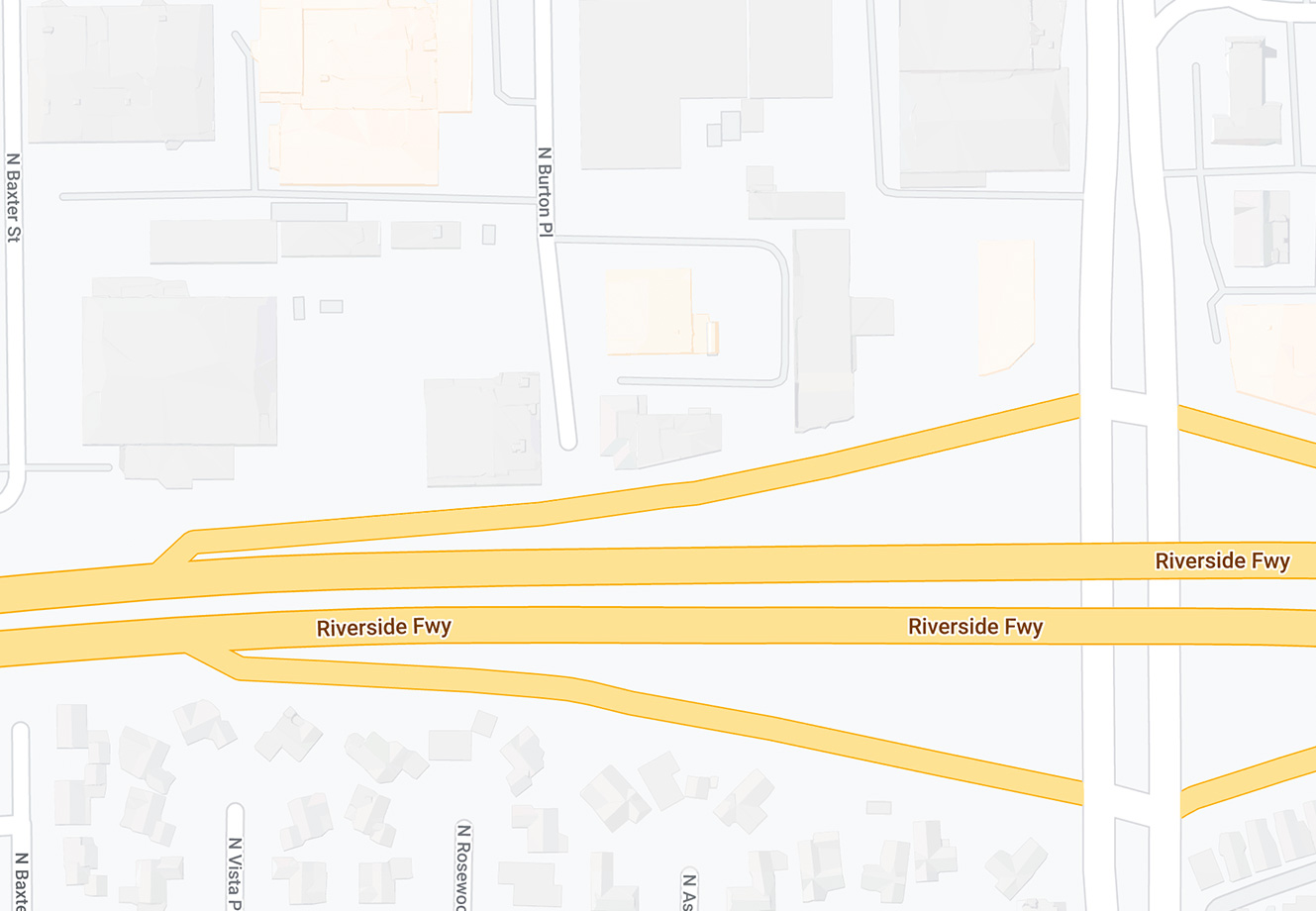Pet Emergencies During Natural Disasters: How to Be Prepared

Natural disasters can happen without warning. Hurricanes, floods, wildfires, earthquakes, and winter storms each present unique challenges for families—and for their pets. In the chaos of evacuation or sheltering in place, animals are particularly vulnerable. They can become lost, injured, or stressed, and access to veterinary care may be limited. As a responsible pet owner, preparing in advance is not just a good idea—it’s essential.
At CASE Hospital, we provide emergency and specialty care for pets 24/7. Our team regularly treats animals affected by natural disasters, from heat-related conditions and smoke inhalation to injuries from debris or toxic exposures. Based on our experience, we’ve outlined what every pet owner should do to prepare for emergencies, and how CASE Hospital can support you when disaster strikes.
Why Pets Need a Disaster Plan
While most people know the importance of preparing themselves and their homes for a natural disaster, pets are often an afterthought. Yet animals rely entirely on humans for their safety. During a disaster, you may have only minutes to decide whether to evacuate or stay put. Having a pet preparedness plan in place ahead of time ensures that your animal companion isn’t left behind, forgotten, or put in avoidable danger.
Pets can be easily overwhelmed during emergencies. Loud sounds, sudden movements, and disrupted routines often cause them to panic, hide, or flee. A frightened pet may run off, making them difficult to locate once conditions stabilize. Injuries are common, and in some cases, exposure to environmental hazards like flood water, smoke, or chemicals can result in life-threatening complications.
Assemble a Ready-to-Go Pet Emergency Kit
One of the most effective ways to protect your pet is by assembling a basic emergency kit. While every animal has specific needs, there are a few essential items every kit should include. Food and bottled water should be packed in airtight containers with enough to last at least three to five days. Keep any required medications in labeled containers with dosing instructions. Include copies of veterinary records, including proof of rabies vaccination, in case you need to board your pet or cross state lines.
You’ll also want to pack a leash, harness, or secure carrier, along with a current photo of your pet in case you are separated. For cats and small mammals, don’t forget litter and waste disposal materials. Dogs may benefit from a favorite toy or blanket to help reduce stress. Rotate perishable items every few months to keep everything fresh.
Identification Is Critical
After a major disaster, pets are often displaced and separated from their owners. Having a clear and current form of identification can dramatically improve your chances of being reunited. Make sure your pet wears a secure collar with an ID tag that includes your phone number. More importantly, ensure your pet is microchipped—and that the information associated with the chip is up to date.
At CASE Hospital, we can scan and update microchips or implant them if your pet isn’t yet chipped. This quick and inexpensive measure has helped reunite countless pets with their families in emergency situations.
Know Where to Go
Not all emergency shelters or hotels allow pets. Before disaster strikes, research evacuation routes and identify nearby pet-friendly hotels or shelters. Have a list of friends, family members, or boarding facilities that could house your pet temporarily if needed. Print this list and keep it in your pet’s emergency kit, as internet and phone services may be down during a crisis.
Importantly, know the location of your nearest emergency veterinary hospital. CASE Hospital is open 24 hours a day, 365 days a year, and we are fully equipped to handle emergency situations even when conditions outside are severe. Whether your pet has suffered trauma, developed a sudden illness, or simply needs a safe place to receive care, we are here when others may be closed.
Watch for Health Changes After the Disaster
Even after the immediate threat has passed, pets can experience lingering health effects from natural disasters. Smoke exposure, contaminated floodwaters, or even extended stress can lead to serious medical problems. It’s common for pets to develop respiratory issues, gastrointestinal upset, or behavioral changes following an emergency.
Be alert for signs like coughing, vomiting, diarrhea, limping, excessive panting, or withdrawal. Some symptoms may not show up right away. If you notice anything unusual, contact CASE Hospital for a thorough exam. Our emergency and specialty team is trained to identify and treat issues that may arise as a result of traumatic events.
Communication Can Save Lives
In an emergency, quick access to veterinary advice or care can make all the difference. Save CASE Hospital’s contact information in your phone and keep a printed copy in your emergency kit. In times of widespread emergencies, phone lines may be busy, so know your backup options for getting in touch or visiting in person.
If you’re unsure whether a situation qualifies as an emergency, it’s always better to ask. Our staff is available around the clock to guide you on whether to bring your pet in immediately or how to stabilize them until help is available.
How CASE Hospital Can Help
At CASE Hospital, we understand the unique risks that natural disasters pose to pets and the people who love them. Our state-of-the-art facility is equipped with advanced diagnostic tools, emergency surgical suites, and a critical care team trained to handle the most serious conditions. From trauma and heatstroke to toxic exposure and post-disaster recovery, we provide expert care in even the most stressful moments.
We also offer consultations on disaster preparedness, microchipping, and general safety planning. If you’re unsure how to prepare, we invite you to speak with a member of our emergency team to ensure your pet is protected.
Be Ready Before You Need to Be
Natural disasters are never easy, but with the right preparation, you can protect your pet from the worst outcomes. Don’t wait until the next storm or wildfire warning—create a plan, build a kit, and know where to turn.
If you have questions about pet emergency preparedness or need immediate care, contact CASE Hospital anytime. We’re here 24/7 to help you and your pet through any crisis.
Contact CASE Hospital today to learn more or prepare for the unexpected.

